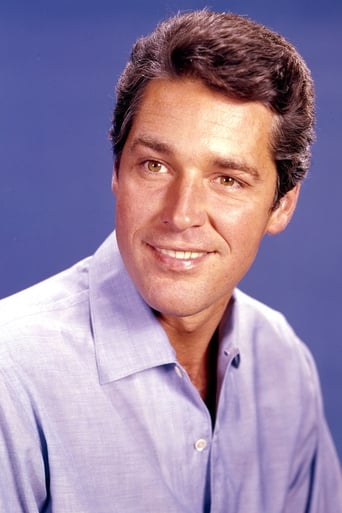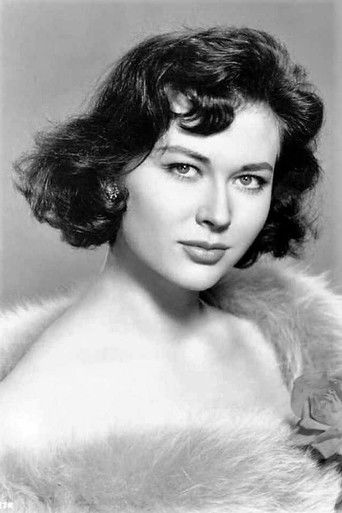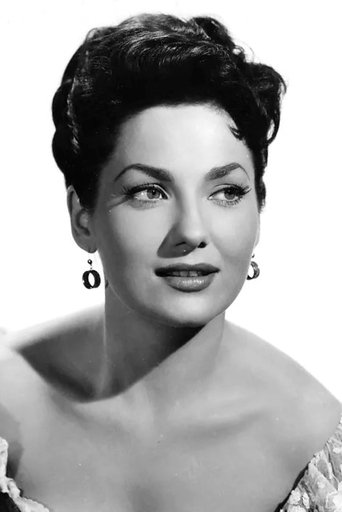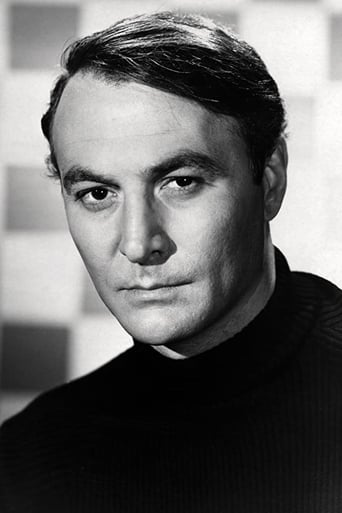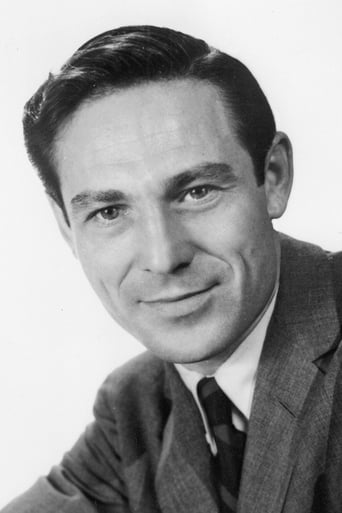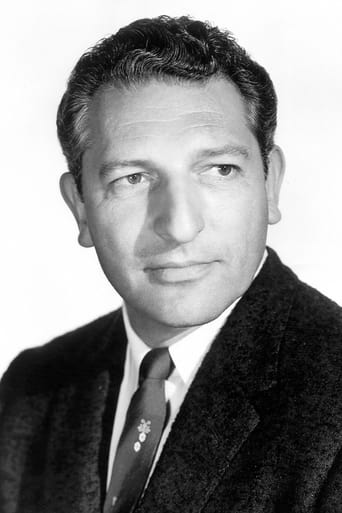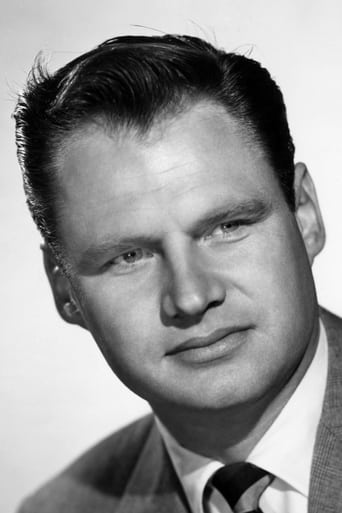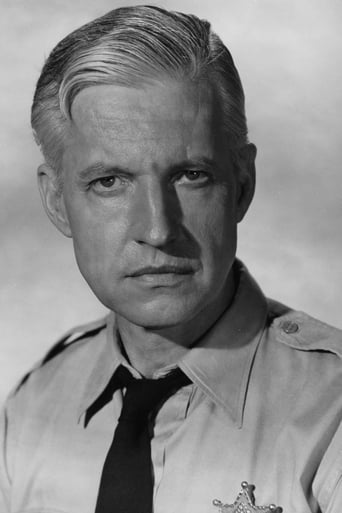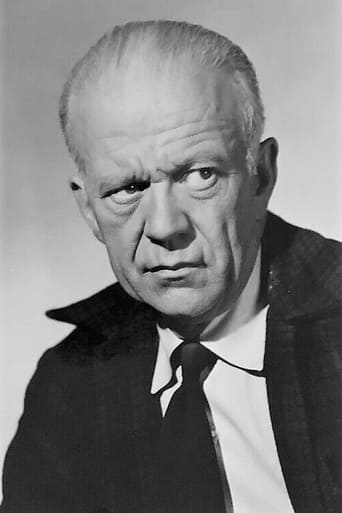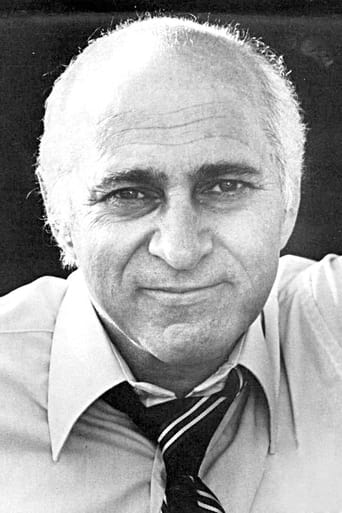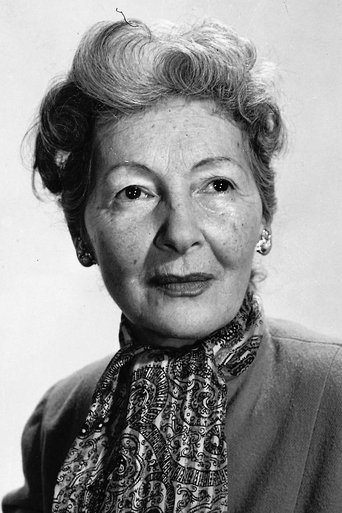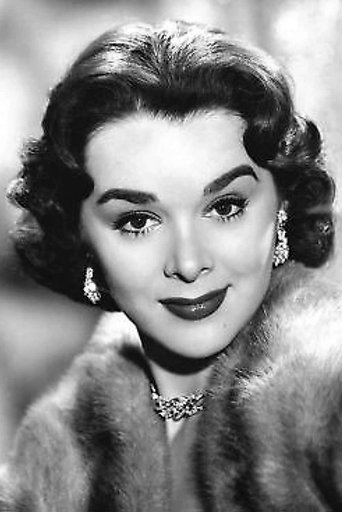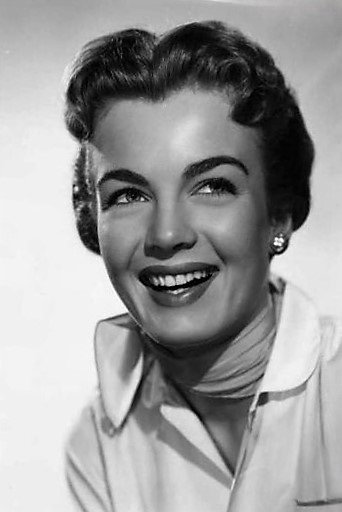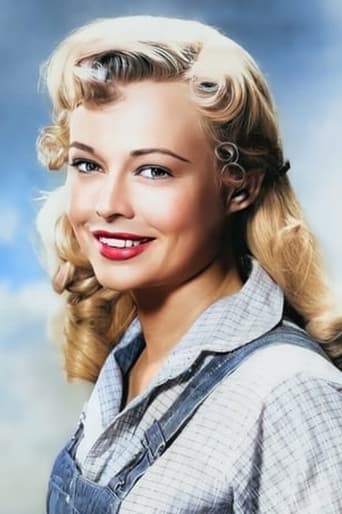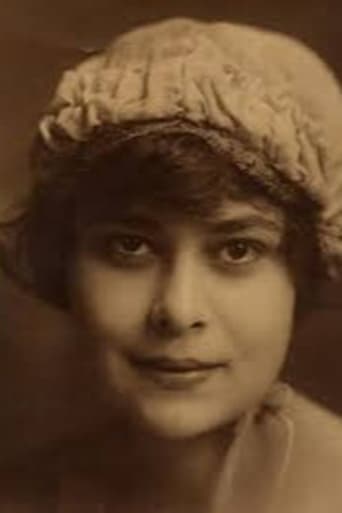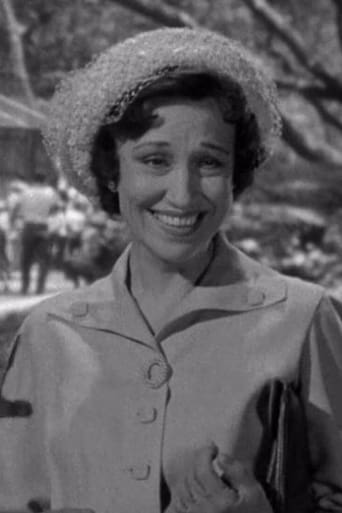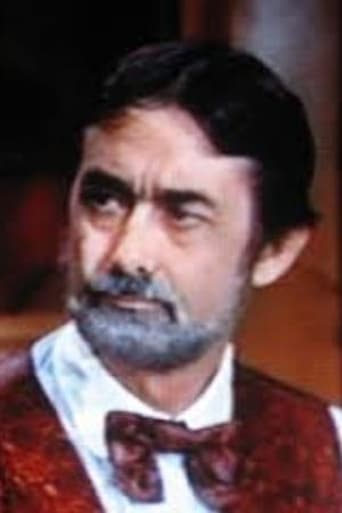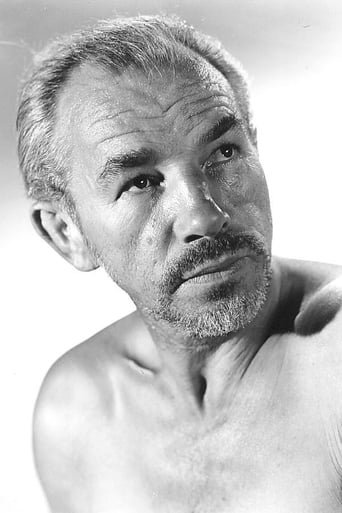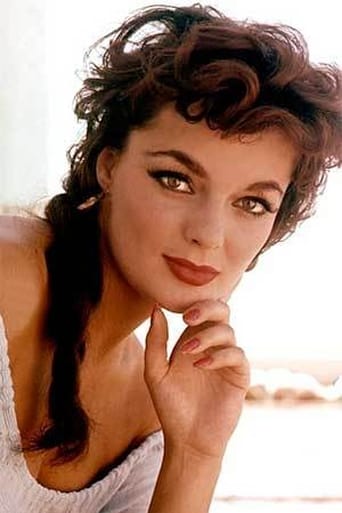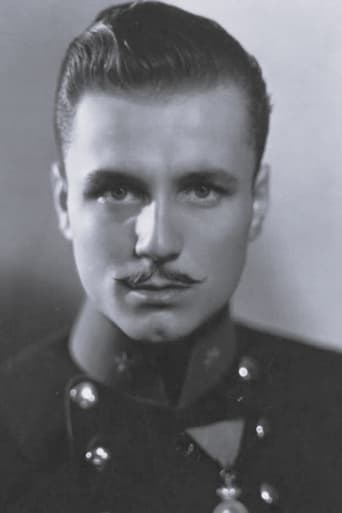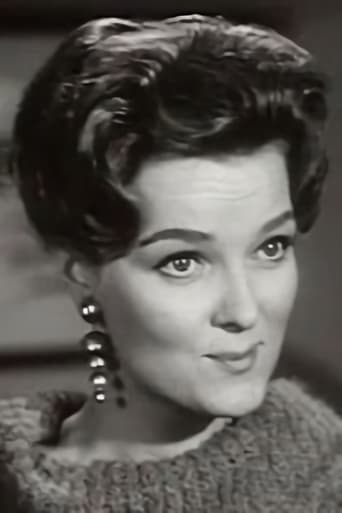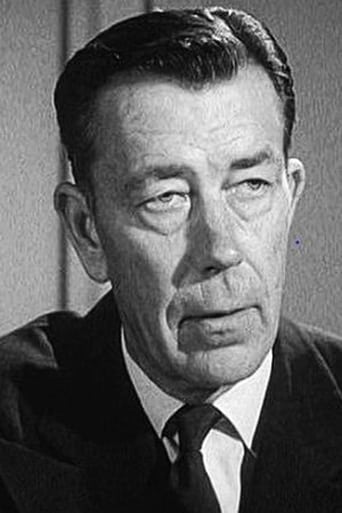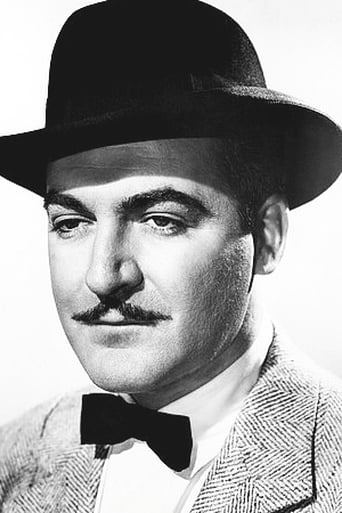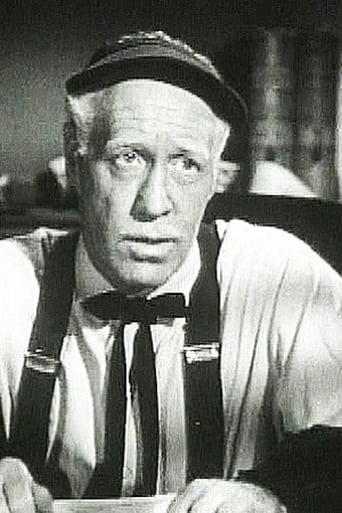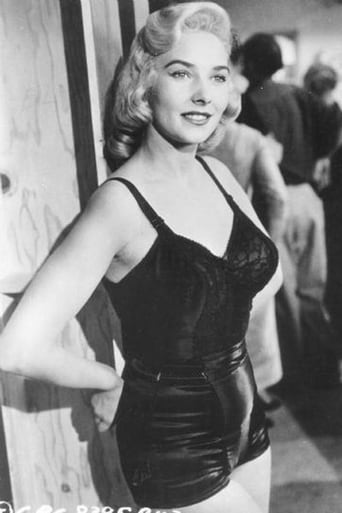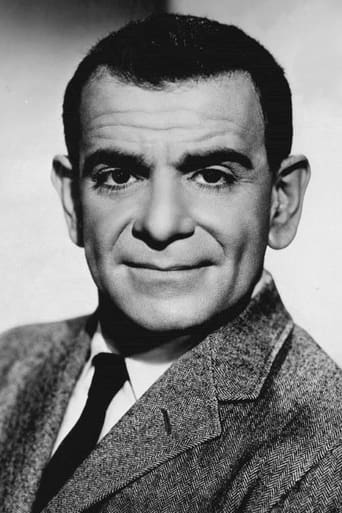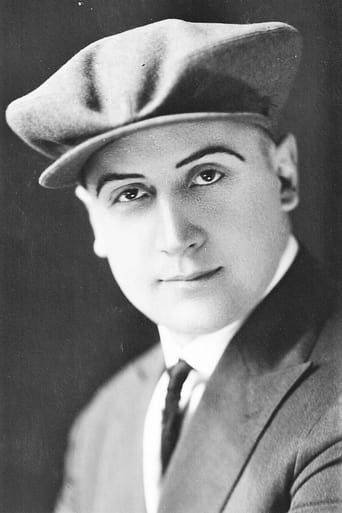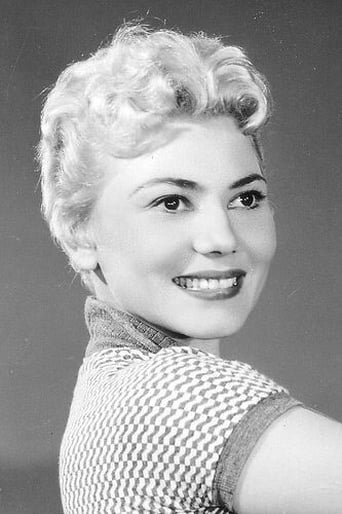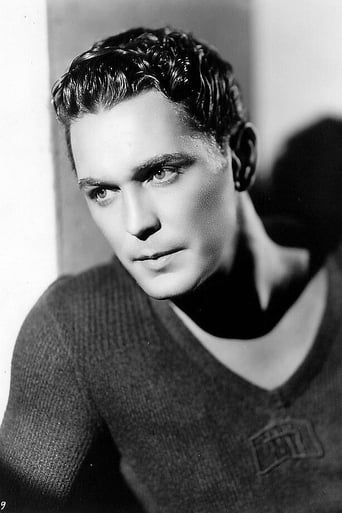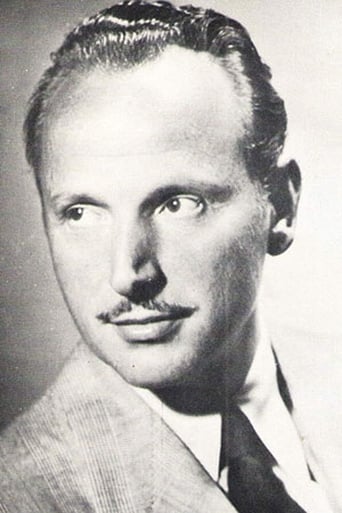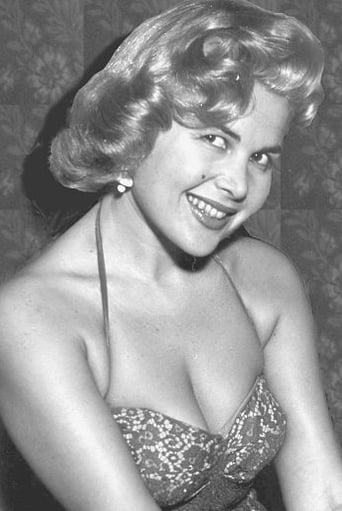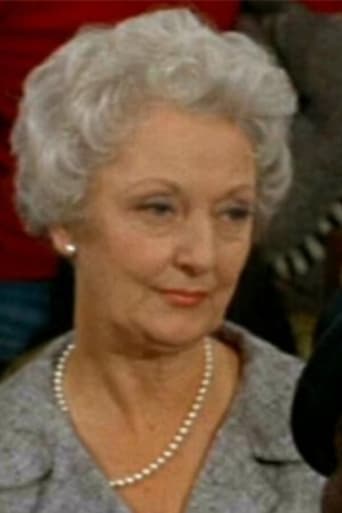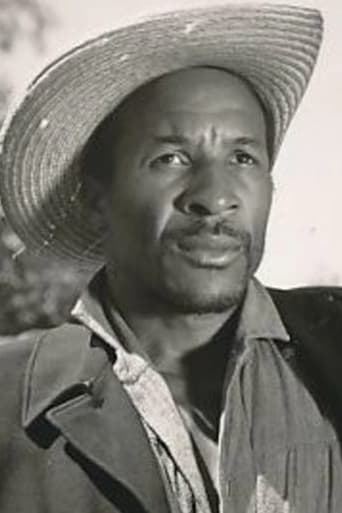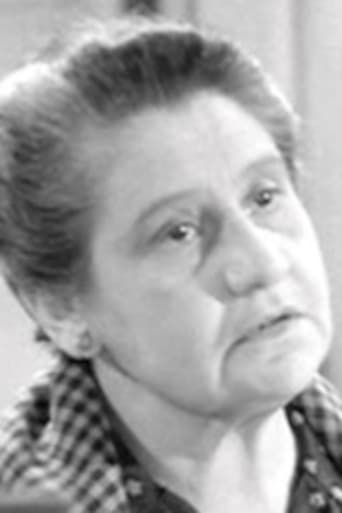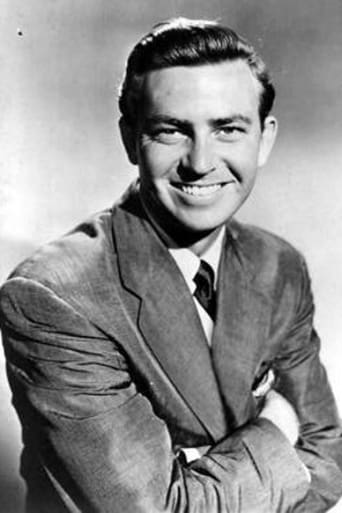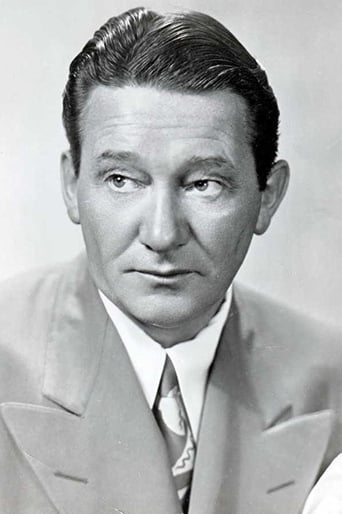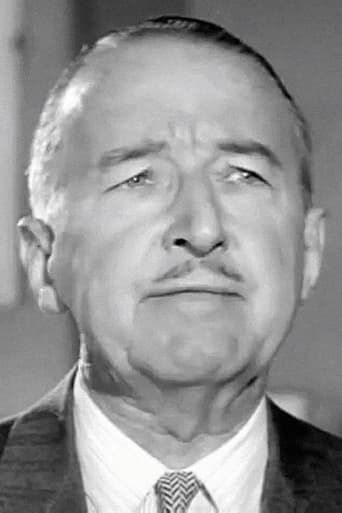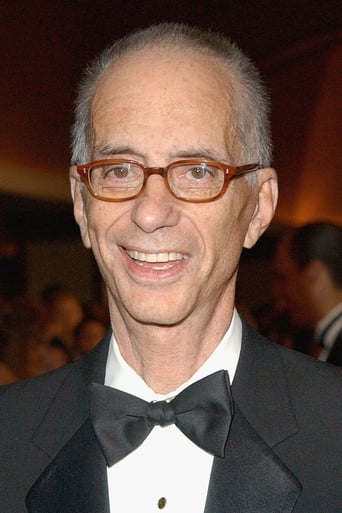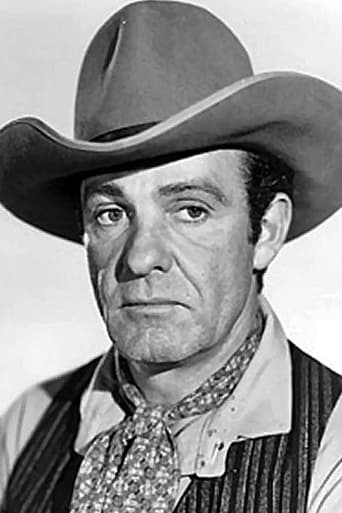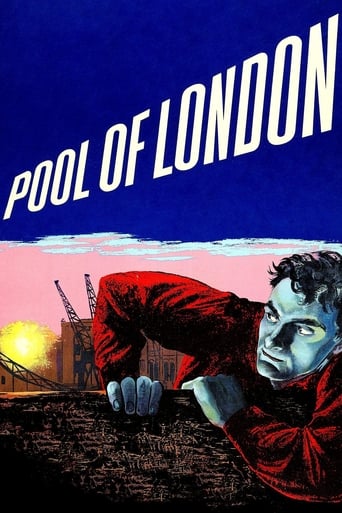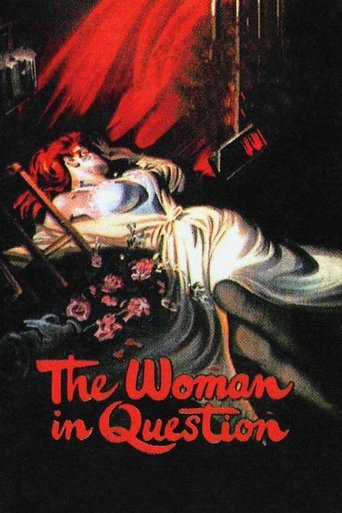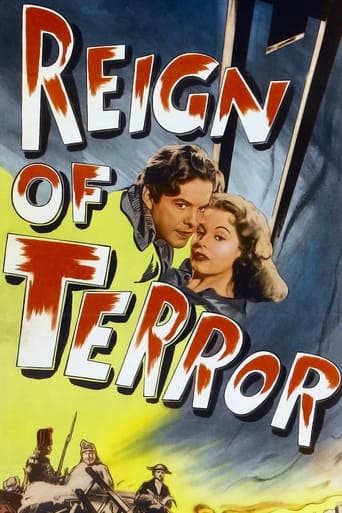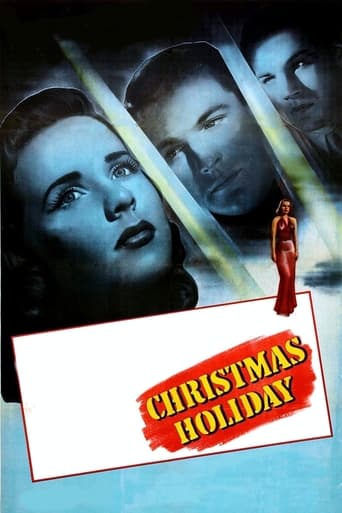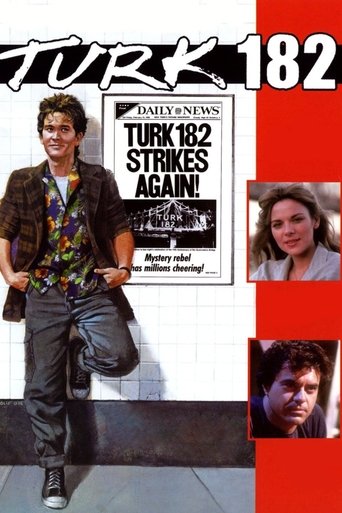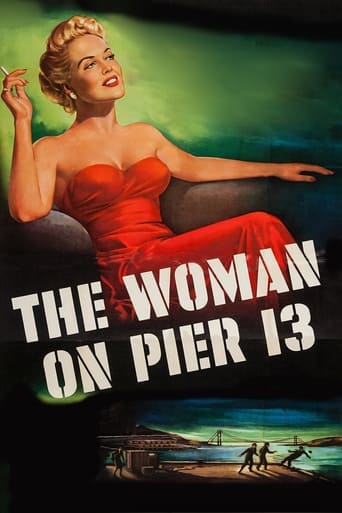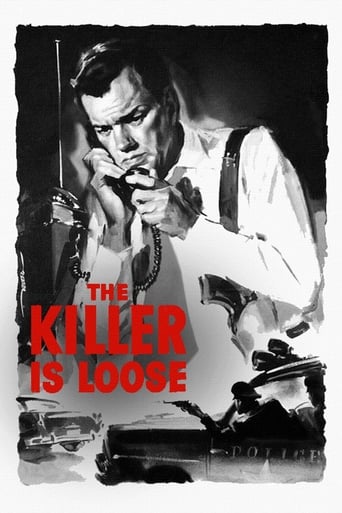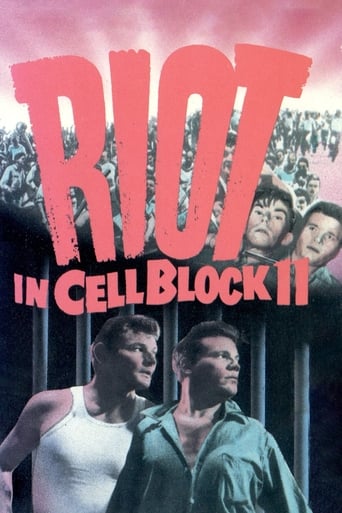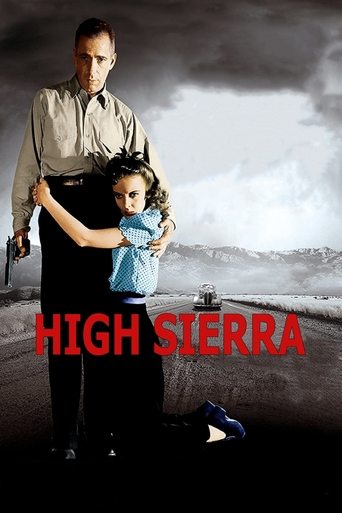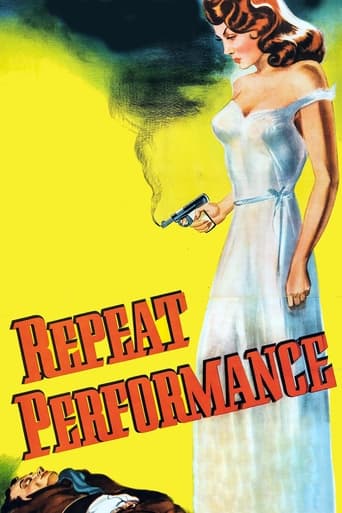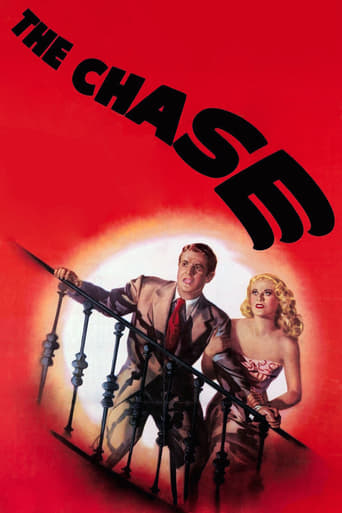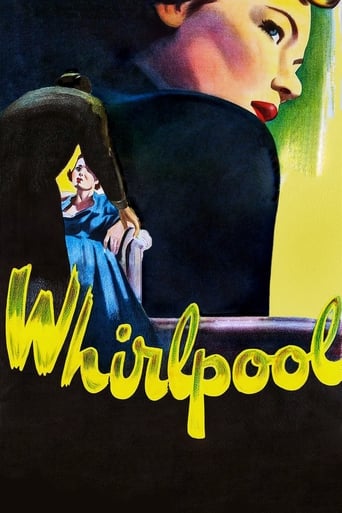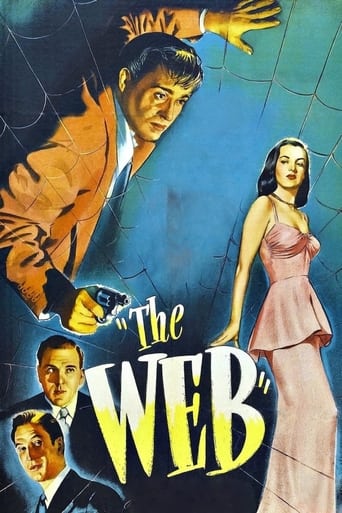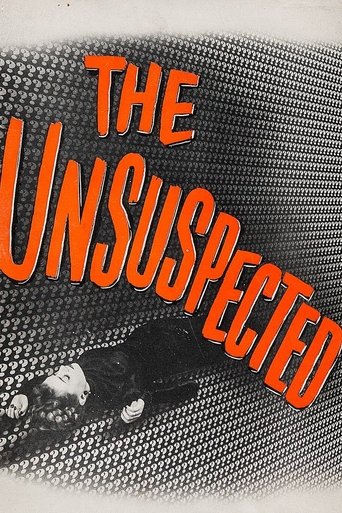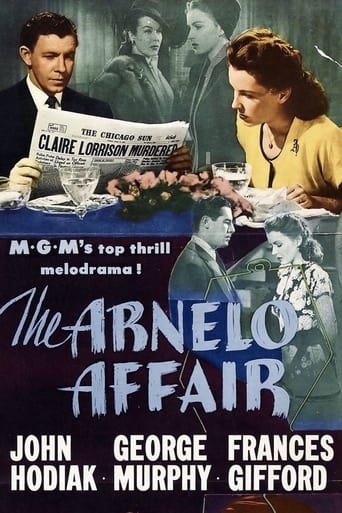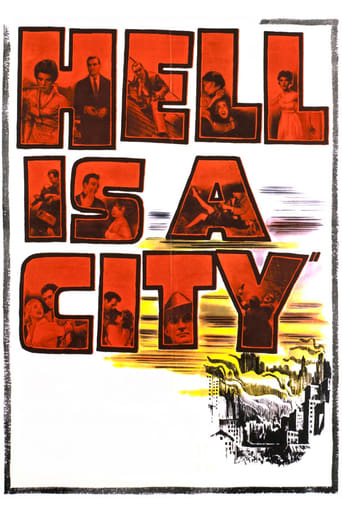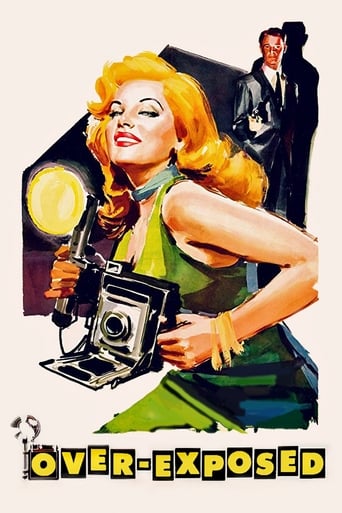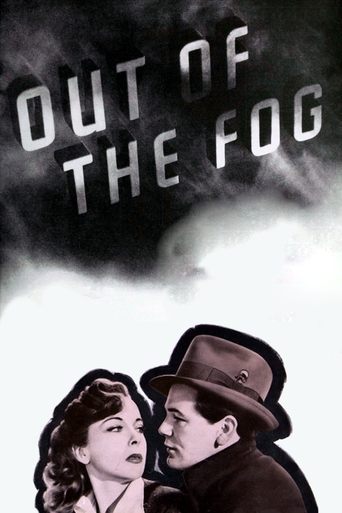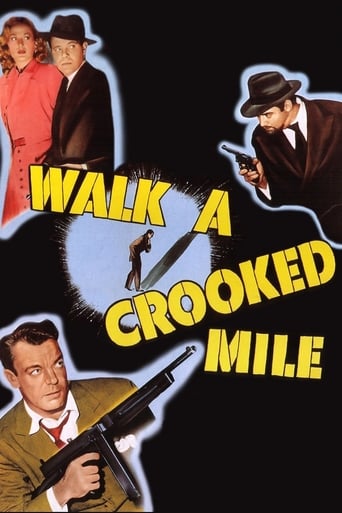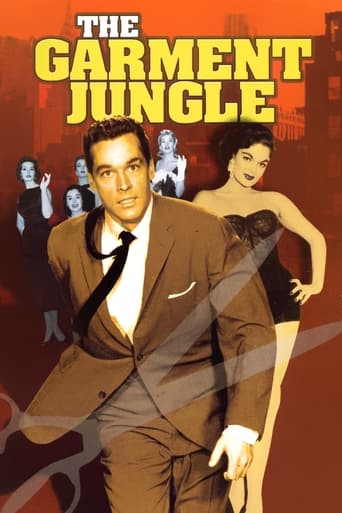
The Garment Jungle (1957)
Alan Mitchell returns to New York to work for his father Walter, the owner of a fashion house that designs and manufactures dresses. To stay non-union, Walter has hired Artie Ravidge, a hood who uses strong-arm tactics to keep the employees in line.
- Vincent Sherman
- Irving J. Moore
- Harry Kleiner
- Harry Kleiner
Rating: 6.4/10 by 25 users
Alternative Title:
Racket dans la couture - FR
Ums nackte Leben - DE
Country:
United States of America
Language:
English
Runtime: 01 hour 28 minutes
Budget: $0
Revenue: $0
Plot Keyword: film noir, manhattan, new york city
Unity is powerful. The Garment Jungle is directed by Robert Aldrich and Vincent Sherman. The screenplay is adapted by Harry Kleiner from "Gangsters in the Dress Business" by Lester Velie. It stars Lee J. Cobb, Kerwin Matthews, Richard Boone, Robert Loggia, Gia Scala and Valerie French. Music is by Leith Stevens and cinematography by Joseph Biroc. Alan Mitchell (Matthews) returns from the War to help his father Walter (Cobb) run the family fashion designer factory. Unfortunately he finds a business being protected by local hoodlum Artie Ravidge (Boone), who has the backing of Walter, and who is defiant in not letting the Union into the company. Things are about to turn very ugly and Alan is right in the middle of it. Robert Aldrich is uncredited in a lot of sources, but the film was 98% his work. Cobb had a sulk about where his character was going, it all came to a head and Columbia head Harry Cohn, not needing much of an excuse to fire Aldrich (who was sick as well), brought in Sherman to finish the film. Or at least that's the party line story... Aldrich's mark is all over the film, the harsher edges involving racketeers and violence are unmistakably his. The characterisations are pungent with varying degrees of menace, betrayal, cowardice and stoicism, with morals and ethics brought into sharp focus. Much of the pic is filmed indoors, which is a shame because when Biroc gets to photograph outside in the New York locales, we can see that we could have had a visual film noir treat. Instead we get a very good pro- Union drama with noir tints, though the softening of a key character, which Aldrich didn't aspire to, leaves you wondering just how much more spicy things could have been. 7/10


